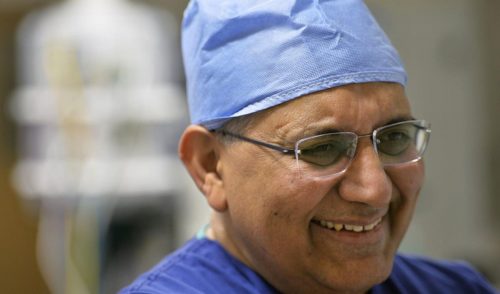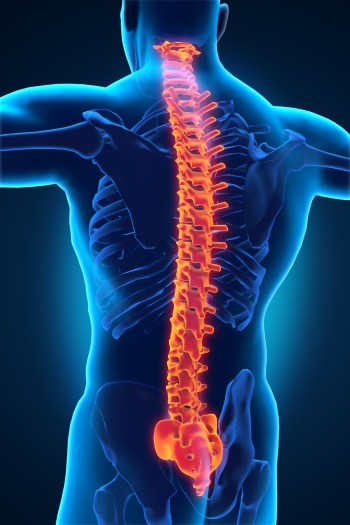We have 3 convenient locations throughout Southeastern Wisconsin.
What is spinal malalignment?
A healthy spine features a gentle curve that helps you maintain balance and absorb stress. However, that curve can become more prominent if the spine’s alignment is off, and the body tries to compensate in ways that can cause pain, discomfort, extra stress on muscles and joints, or other chronic conditions that affect the entire body.
What are causes of spinal malalignment?
- The natural aging process
- Abnormal forward rotation of the pelvis
- Trauma
- Tumors
- Genetic predisposition
- Certain birth defects
- Adjacent segment disease
- Other spinal conditions
Continued spinal misalignment can begin a cycle of unnatural adjustments that rapidly deteriorate your quality of life.
Call 414-488-1111 to see what treatment options are available.
How is spinal malalignment diagnosed?
Spinal malalignment is often diagnosed by x-ray or MRI scan.
Dr. Ahuja and staff perform radiological procedures at The Brain and Spine Imaging Center, our state-of-the-art imaging facility in Franklin, Wisconsin.
Is surgery necessary for spinal malalignment?
Only a physician who knows and understands your specific ailments can decide whether spinal alignment surgery is necessary.
Dr. Arvind Ahuja is a neurosurgeon uniquely specialized in surgery for the spine and is deeply committed to the wellbeing of all of his patients in the Kenosha-Racine area.
Dr. Ahuja will take the time to assess your symptoms, answer your questions, and provide you with the full range of treatments available for your specific needs.
Neurosurgery and Endovascular Associates want to recommend the most non-invasive treatment option possible.
“I am very happy with the results of the surgery and with Dr. Ahuja. He has the best bedside manner I have ever experienced.”
-Jeffrey, Sheboygan, WI

What are non-surgical treatment options for spinal malalignment?
Potential treatments include:
- Rest
- Heat
- Physical therapy
- Medication
Exaggerated spine curvatures lead to nerve compression, surgical reconstruction may be recommended to relieve pain and prevent ongoing problems. If these non-surgical treatments do not improve your symptoms, or if there are other conditions present, you can call Neurosurgery and Endovascular Associates to discuss your full range of options, or visit our FAQ page.


